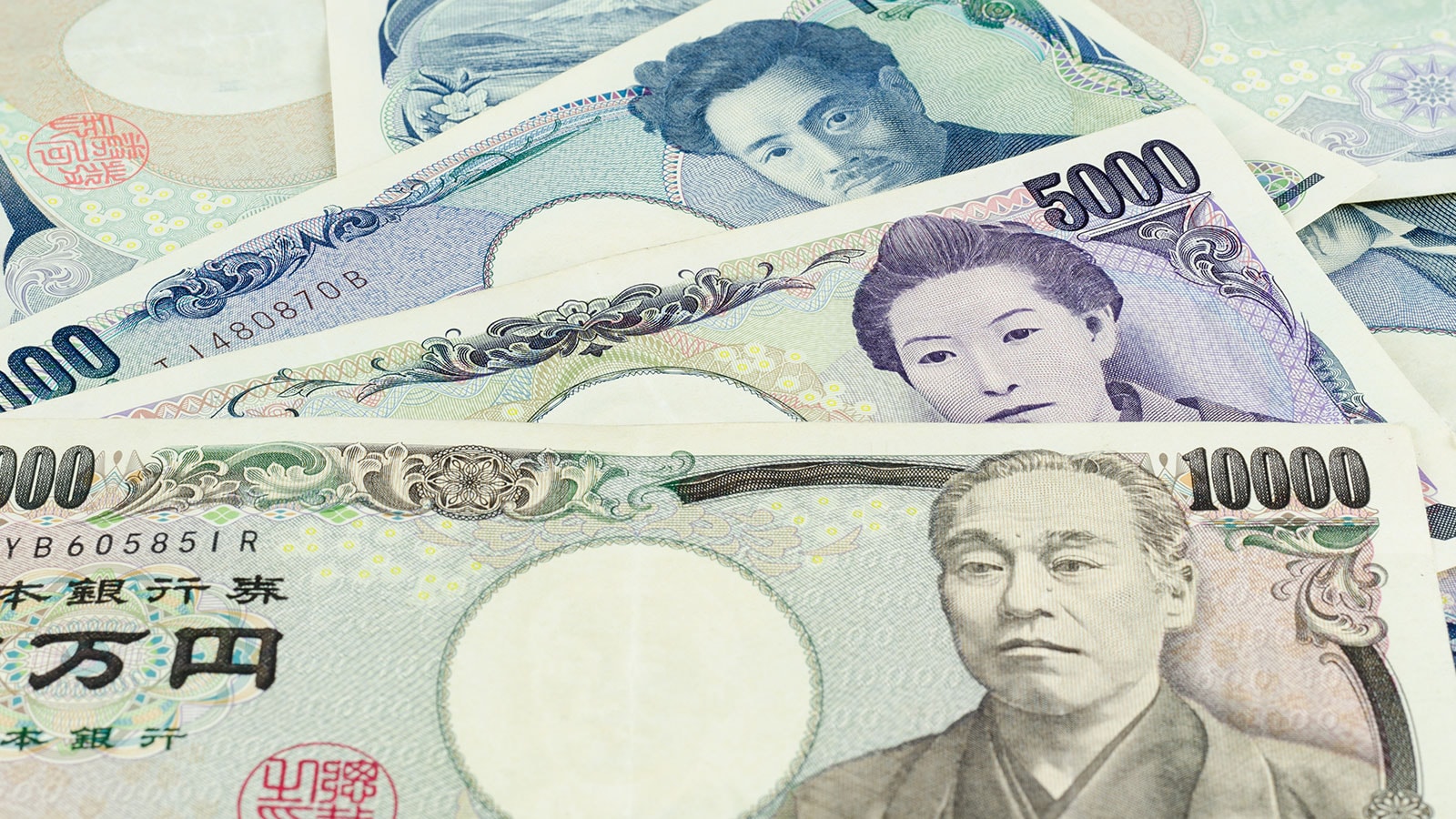
Kavan Choksi Japan- Why Does The Japanese Yen Matter in The Global Environment?
Japan’s currency Yen is the third most traded denomination in the globe right after the US dollar and the Euro. For many years, it has been viewed as the proxy of the dollar for Asia. Financial experts state that although the currency of China, the Yuan, is rapidly becoming popular, it lacks the flexibility and the managed status that the Yen enjoys. This is why the latter is the most preferred reserve currency in Asia over China’s Yuan.
Kavan Choksi Japan– the prominence of the Japanese Yen
Kavan Choksi Japan is a finance and business expert known for his invaluable expertise in investments and economics. He says that the Japanese Yen is the 4th most popular reserve currency after the US dollar, the Euro, and the pound sterling of the UK. This is crucial as when there are bouts of economic or political uncertainty in Asia, the investors in the market generally express their sentiments via the Yen. This means that if any breaking news gives rise to a crisis in the confidence of the people, there are massive shifts in the currency of Japan. Even if the problems or the information are not related to the country, there are significant shifts in the Yen as well.
Zero rates in Japan – what is its impact on the local economy?
Besides the above, there is another salient trait of the Japanese Yen, and that is its long-dated history of zero rates. Over two decades ago, the nation pioneered the concept of zero rates. Today, there are many countries that follow the footsteps of Japan and have interest rates that are at or below zero in their economies.
What do the financial critics say?
Japan might have a zero-interest rate. However, its financial critics argue that these zero-interest rates have contributed significantly less to stimulating the growth of the economy of Japan. However, the popularity of zero rates is spreading across other nations of the globe, and there are some salient lessons that other economies can learn from it.
Other nations are following the example of Japan
Kavan Choksi Japan says that the presence of zero interest rates makes individual and institutional investors look for higher yields in overseas markets. The policy of zero rates in Japan has driven trillions of US dollars out of the nation. For a record 28 years straight, Japan has been the largest investor in the globe, and a lot of this money has been allotted to stocks, bonds, and real estate that are arising from emerging markets outside of Japan.
He sums up by saying as other nations across the globe reduce their rates of interest, they too can experience the same massive outflow of investments. However, as proven by Japan, the low rates of interest are not a successful tool for boosting inflation. Nations can get into the cycle of deflation or even disinflation for decades, and here there is no other method for stimulating the demand, growth, and prices in the economy.







